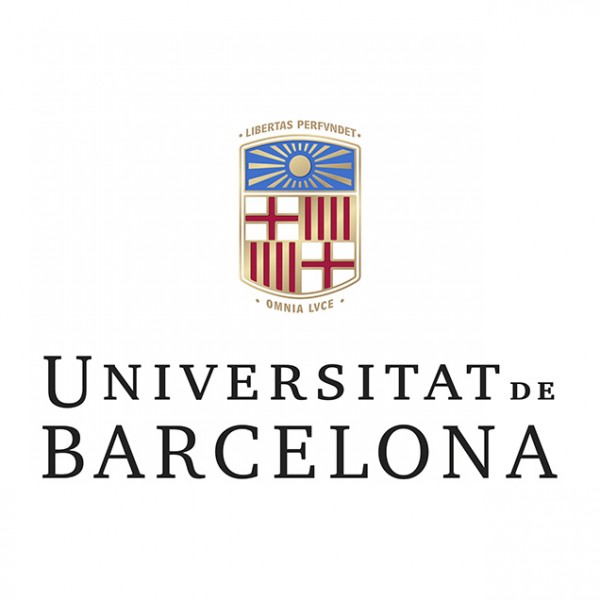ICCUB SEMINAR – LIGO/Virgo and the quest for gravitational waves [NOT TRANSLATED]

At the end of the first two observational campaigns, gravitational waves have been detected from mergers of binary black holes and binary neutron stars. The third joint observational period of the two interferometers will start towards the end of 2018 and will last for an entire year. Other types of signals still await to be detected, as those from core-collapse supernovae, spinning neutron stars, mergers of white-dwarf binaries, and even stochastic backgrounds of astrophysical or cosmological origin.
Foremost, the detection of gravitational waves is a formidable technological challenge but there are also significant physical, mathematical, and computational difficulties to overcome. Those involve the solution of Einstein's field equations to generate waveform templates to aid signal identification and inference of physical properties, or the analysis of large volumes of non-Gaussian, non-stationary noisy data, aggravated by the presence of transient spurious signals (glitches) in the detectors’ data streams. This talk will discuss the efforts that have finally made possible the detection of gravitational waves, paying special attention to the role of the Advanced Virgo detector.
Contact email: jmparedes(a)ub.edu [NOT TRANSLATED]
